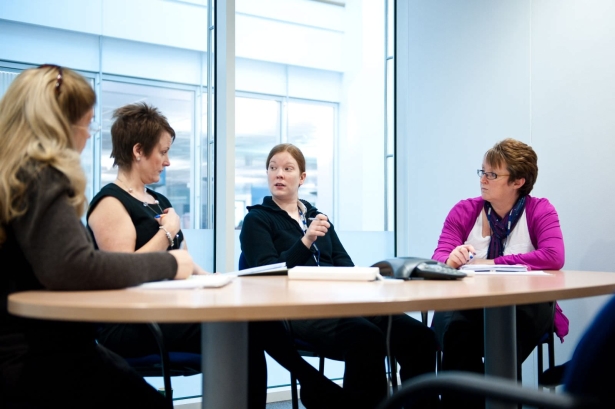
From the Trust's perspective accreditation has meant that we were able to help meet the challenge of NHSLA compliance and CQC requirements as the evidence was already in place. Documentation control has ensured easy access to appropriate evidence when required.
Diana Williams, Governance Manager, The Royal Wolverhampton NHS Trust